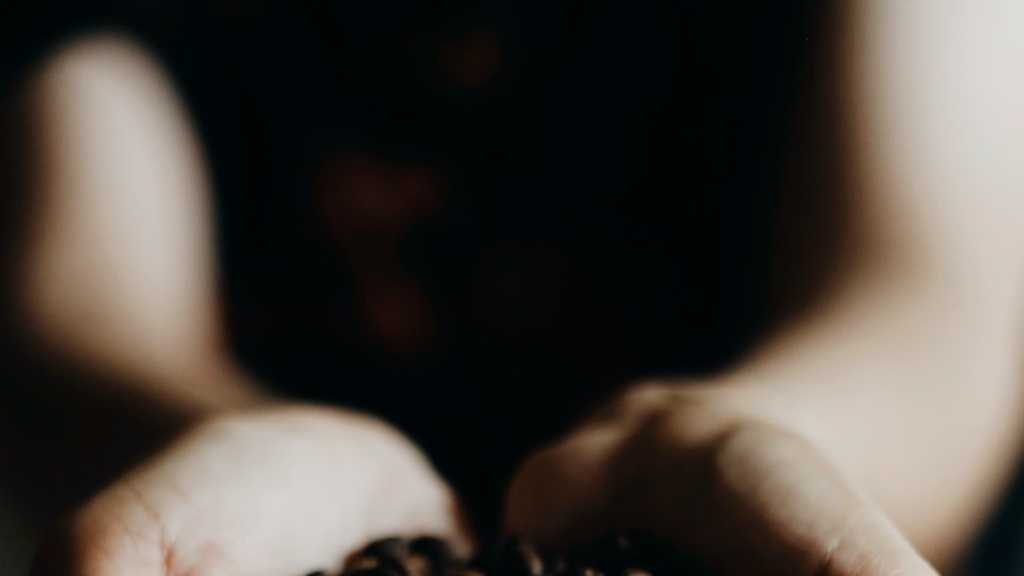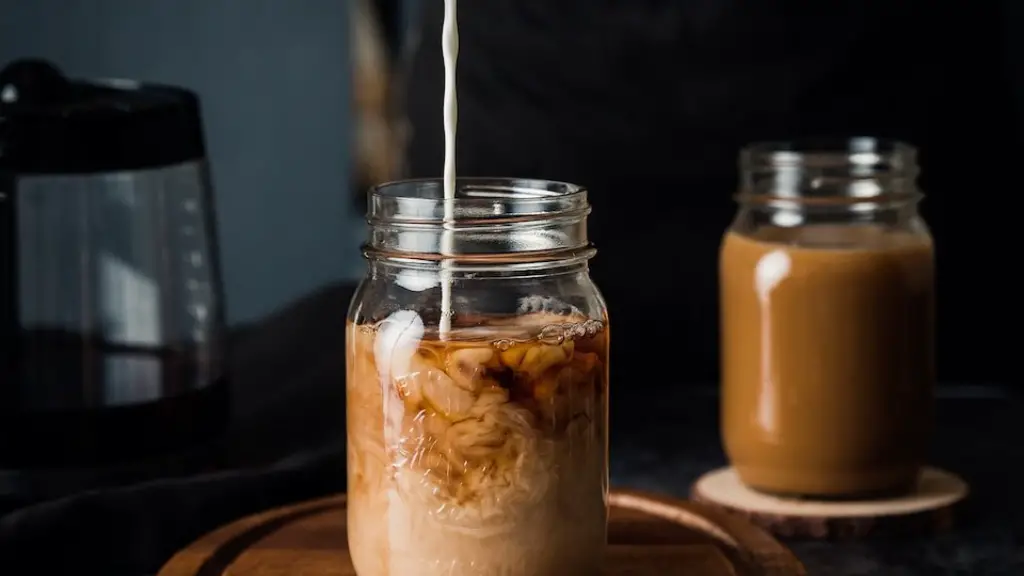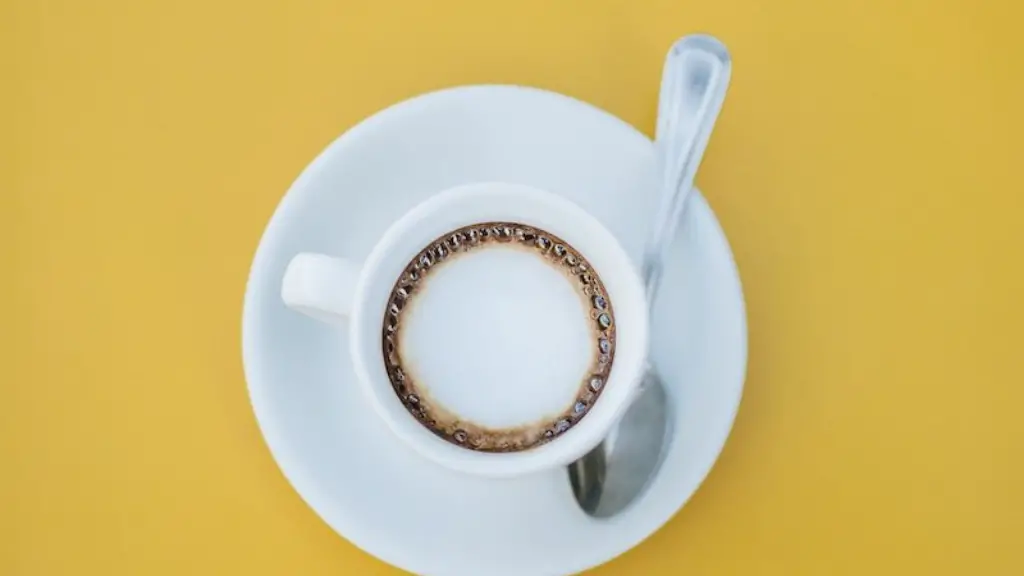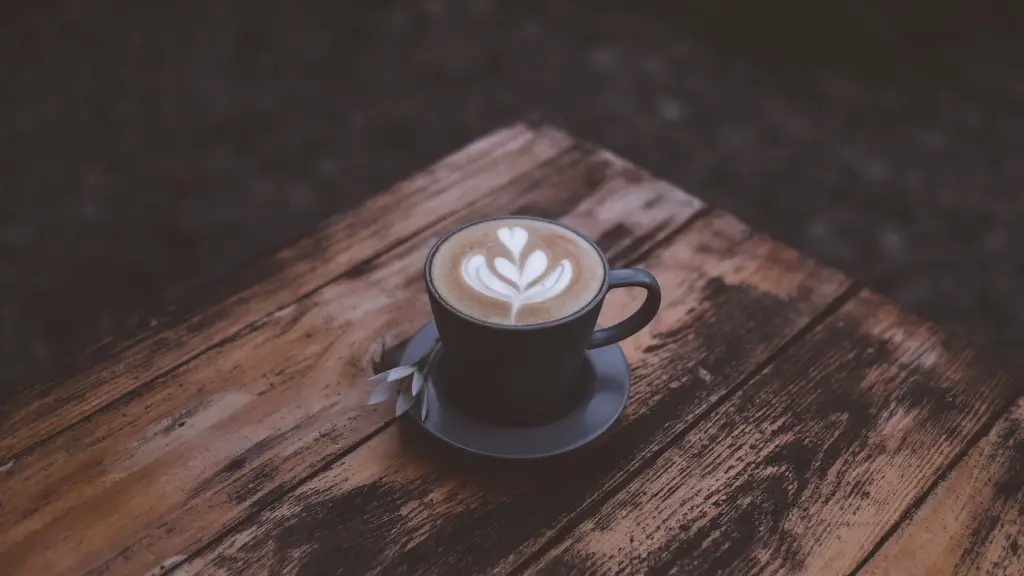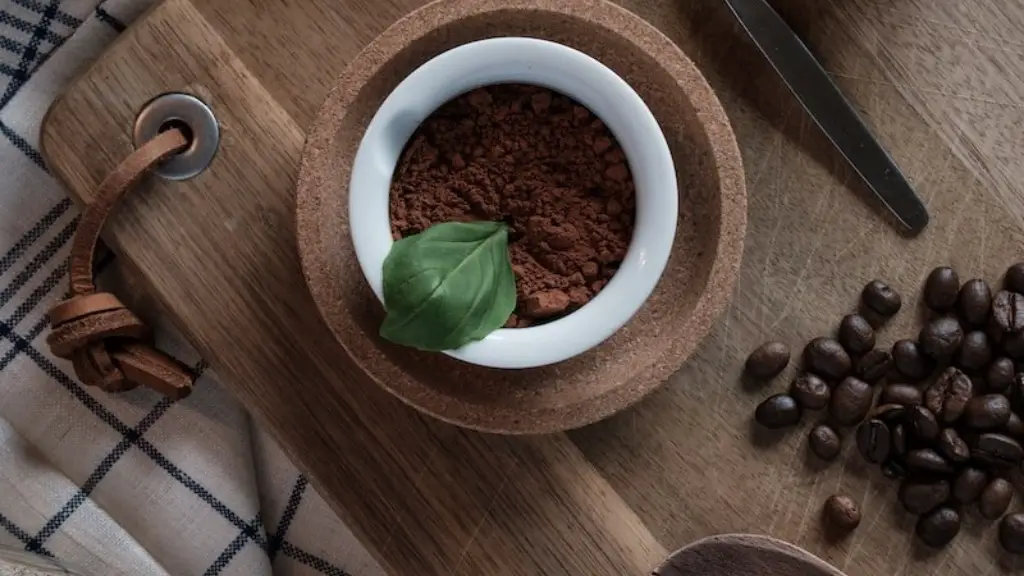Coffee is an extremely popular drink– and for good reason. Millions of people enjoy it every day to give them a pick-me-up during afternoon slumps or otherwise lethargic moments. But is it healthy to continue drinking coffee after 3pm?
Caffeine, the primary substance in coffee, reaches its peak concentration in the bloodstream after 30 minutes to 2 hours. It has been shown to have positive effects on the body, such as improving alertness and physical performance, increasing energy levels and boosting alertness. Its short-term effects can make it a helpful tool in tackling the mid-afternoon lull. It can also help you focus on tasks and reduce fatigue.
However, as with most things, it is important to keep caffeine consumption in moderation, especially if you are drinking it late in the day. Caffeine can affect sleep quality even up to six hours after consumption and can make it more difficult to fall asleep. Too much caffeine too close to bedtime can make it even harder to get to sleep. As such, late-night caffeine consumption is not recommended.
The American Academy of Sleep Medicine recommends limiting caffeine consumption to no more than 400mg – roughly four or five cups of coffee – per day or avoiding it late in the afternoon or evening. So, if you are planning on drinking coffee after 3pm, be aware of how much caffeine you’ve already consumed that day and don’t exceed the recommended daily limit.
It’s also important to note that coffee might not be the only beverage that contains caffeine. Many sodas, energy drinks and even some over-the-counter medications contain caffeine, so it is important to factor them into your daily intake as well. For example, a 12oz can of Coca-Cola contains around 35mg of caffeine, so if you are drinking energy drinks late in the day, be aware of how much caffeine you’re consuming.
It is also important to note that coffee can have some negative impacts on your health if it is consumed in excess, such as causing jitteriness and restlessness. Too much caffeine can also lead to higher blood pressure and headaches. Additionally, for some individuals, caffeine can cause digestive issues or exacerbate existing digestive issues, such as irritable bowel syndrome or heartburn.
Overall, drinking coffee late in the day can be beneficial if kept within moderation. But be mindful of it’s potential to negatively impact your sleep and total daily caffeine intake, and be aware of other beverages and medications that contain caffeine.
Additional Effects of Coffee
While coffee has been linked to a number of benefits, including improved physical performance and mental alertness, some studies suggest that coffee may also have additional effects on human health. For example, research suggests that coffee consumption may have a neuroprotective effect and may help reduce the risk of diseases such as Alzheimer’s and Parkinson’s.
In addition, long-term coffee consumption has been linked to a decreased risk of type 2 diabetes, heart disease and certain cancers, such as colorectal cancer. While the exact mechanisms are still being studied, it is thought that polyphenols and antioxidants present in coffee may provide these health benefits.
Though more research is needed to confirm these findings, current evidence indicates that coffee may have some additional health benefits. So, if you’re looking for a pick-me-up in the afternoon, a cup of coffee may provide more benefits than just a jolt of energy.
Is Decaf Healthier than Regular Coffee?
A popular misconception is that decaf coffee is healthier than regular coffee. While decaffeinated coffee does not contain caffeine, it still contains some of the healthy compounds found in regular coffee, such as polyphenols and antioxidants. These compounds may contribute to some of the health benefits associated with coffee consumption.
In addition, deconfination processes can strip away some of the beneficial compounds found in coffee. Decaf coffee has been shown to contain fewer polyphenols than regular coffee, so those looking to get the most nutritional benefit out of their cup of joe may want to stick with the regular version.
However, decaf coffee may be a better option for those who have difficulty sleeping at night or who are averse to the stimulating effects of caffeine. A single cup of decaf contains significantly less caffeine than a regular cup – usually around 2mg, compared to 95mg in an 8-ounce cup of regular.
What About Filter Coffee?
Filter coffee is made by running hot water through finely ground coffee contained in a filter. This type of coffee has a stronger flavor, since more of the coffee compounds are extracted from the beans. It is typically more expensive than instant coffee, but some people prefer it for its richer flavor and more intense aroma.
Filter coffee is also a more efficient way to extract caffeine from coffee beans, allowing for a higher concentration of caffeine to be extracted from the same amount of beans. A cup of filter coffee may contain as much as 140mg of caffeine, so people who are sensitive to the effects of caffeine may want to opt for a different type.
Filter coffee is also easier to control in terms of strength, allowing you to adjust the amount of grounds and water used to get a milder or more concentrated brew. However, as with regular coffee, it is important to be aware of how much caffeine you’re consuming, especially if you’re drinking it late in the day.
Combining Coffee With Other Beverages
Many people combine coffee with other beverages to create mix drinks, such as coffee and orange juice or coffee and cocoa. While these drinks can be tasty, combining coffee with other drinks can lead to increased caffeine intake, so it is important to be aware of how much caffeine is in each drink.
For example, adding a splash of chocolate milk to your coffee can add as much as 15mg of caffeine, so if you’re drinking coffee late in the day, adding other drinks to it may not be the best idea. Similarly, adding orange juice to your coffee can also increase the amount of caffeine you’re consuming, so if you’re trying to limit your caffeine intake, it may be better to avoid mix drinks.
Brew Strength and Time of DayIt is also important to consider the strength of your brew when drinking coffee later in the day. A strong cup of coffee may contain more caffeine than is recommended for consumption in the evening, so it’s important to be mindful of your brewing technique and the amount of grounds you’re using.
As a general rule, a cup of coffee made with a single scoop of ground coffee contains around 95mg of caffeine, so if you’re drinking coffee after 3pm, you may want to opt for weaker brews with fewer grounds. Similarly, cold brew typically contains less caffeine per cup than regular hot coffee, so if you’re looking for a caffeine fix without the jolt, cold brew may be the way to go.
Alternatives to Coffee
If you’re looking for a way to curb the afternoon slump without relying on caffeine, there are plenty of other drinks and supplements that can give you a boost of energy. Green tea, for example, contains a fraction of the caffeine that regular coffee does, but can still provide a gentle boost of energy if consumed later in the day.
A number of supplements, such as vitamin B12 and iron, can also help with energy levels if taken in moderation. Additionally, things like exercise, yoga and mediation can help with energy levels and combat the effects of stress and fatigue.
Ultimately, it is important to be aware of how much caffeine you’re consuming and to be mindful of the effects of late-night caffeine consumption. Coffee can be beneficial if kept within moderation and there are plenty of alternatives available to help keep you energized.
